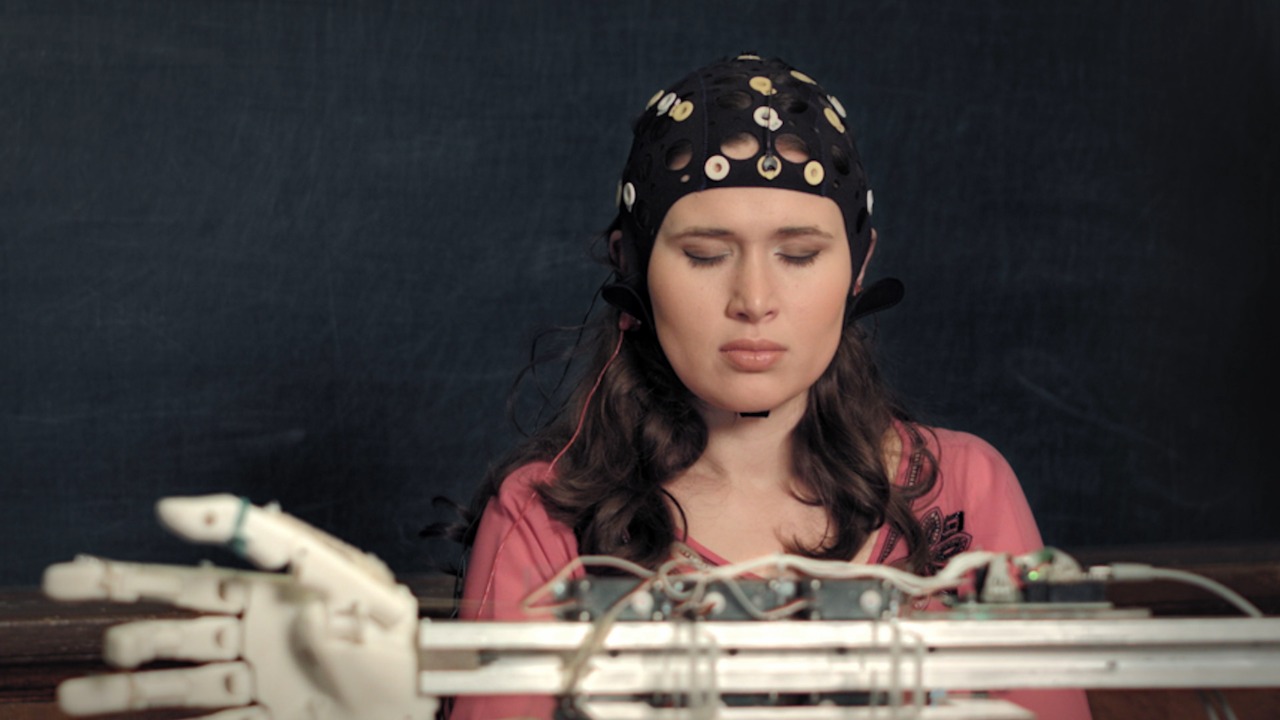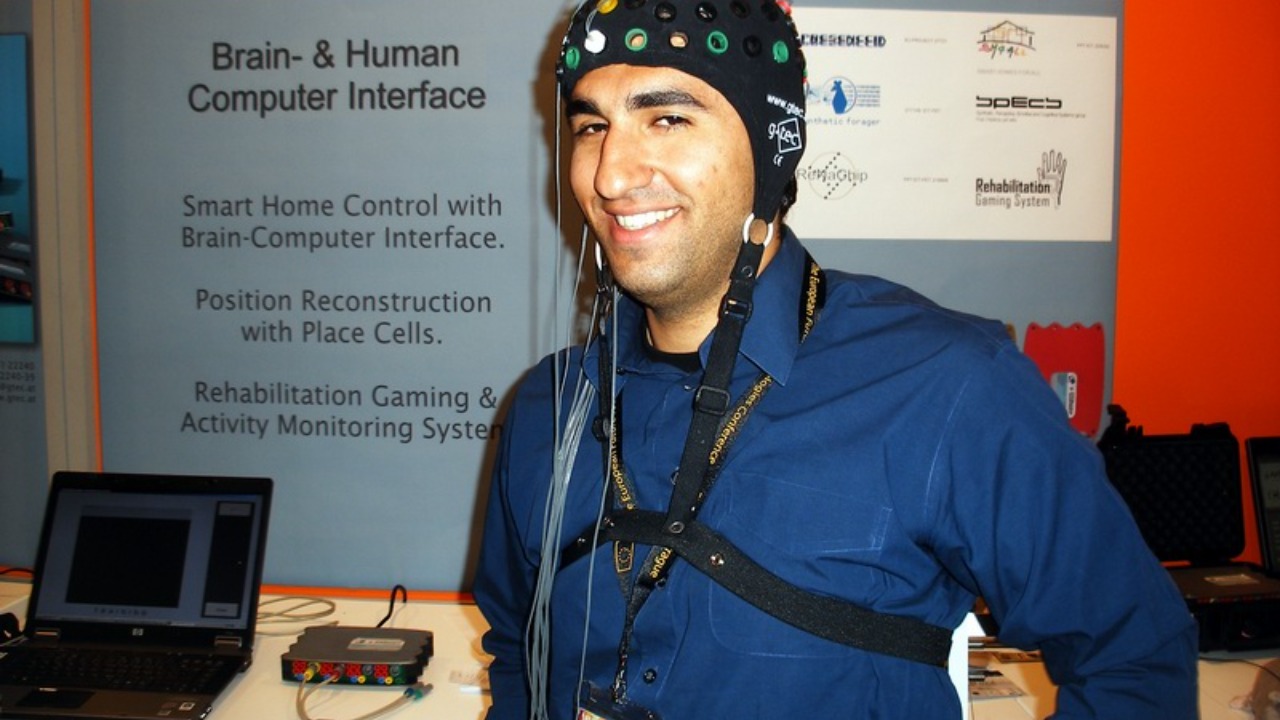
As technology advances, the concept of brain-computer interfaces (BCIs) is shifting from the realm of science fiction to a potential reality. However, the ethical implications of merging human cognition with machines raise significant concerns. The reasons why brain-computer links might never be considered ethical are manifold and complex.
Potential Infringement on Privacy

The idea of a machine having direct access to our thoughts presents an unprecedented privacy challenge. One of the primary concerns is the potential for mind reading without consent. If BCIs can access and interpret our thoughts, what stops an entity from doing so without our knowledge? The intimate and involuntary nature of thought makes it a profoundly personal aspect of human life, and any unauthorized access could be deeply invasive.
Furthermore, the storage and transfer of neural data present significant data security risks. As with any form of digital data, the possibility of hacking and misuse is ever-present. The consequences of such breaches could be catastrophic, leading to identity theft or manipulation based on one’s thoughts or intentions. Moreover, the complexity involved in BCIs makes truly informed consent a challenge. Users might not fully grasp the extent of data usage, increasing the risk of privacy violations.
Impact on Personal Autonomy

BCIs have the potential to significantly impact personal autonomy by altering the way individuals control their thoughts. There is a risk that individuals might lose the ability to maintain control over their own mental processes and decisions. Imagine a scenario where your thoughts are influenced or even overridden by external inputs, effectively undermining personal agency. This possibility poses a serious threat to individual autonomy and self-determination.
Additionally, the potential for manipulation and coercion through BCIs is a genuine concern. In a world where thoughts can be accessed and potentially controlled, individuals might be coerced into actions against their will. This manipulation could extend to personal, political, or commercial arenas, where free will is compromised for external agendas. Furthermore, increased reliance on BCIs could lead to a dependency on technology for basic cognitive functions, diminishing personal autonomy as individuals become more reliant on machines for decision-making.
Social and Ethical Inequalities

The introduction of BCIs into society could exacerbate existing social inequalities. The high cost and technological complexity of these systems may limit access to only a privileged few, leaving marginalized groups behind. This lack of accessibility could widen the gap between different social strata, creating a new form of inequality based on cognitive enhancement. When only certain individuals have the means to augment their cognitive abilities, the societal divide could become even more pronounced.
Moreover, BCIs could lead to new forms of discrimination based on neural data. Employers might favor individuals with enhanced cognitive abilities, leading to discrimination against those who cannot afford or choose not to use such technology. Additionally, cultural and ethical divergences play a significant role in the acceptance and regulation of BCIs. Different cultures may have varying perspectives on human enhancement, leading to global disparities in the ethical and legal frameworks governing BCIs.
Health and Safety Concerns

The long-term health implications of BCIs are not fully understood, raising concerns about potential risks to the human brain. The physical integration of technology with the brain could pose unknown health risks, both in the short and long term. There is a need for comprehensive research to understand the potential adverse effects on brain function and structure, as well as the psychological impact of such integration.
Psychologically, the integration of BCIs might lead to identity disturbances and mental health disorders. The blurring of lines between human cognition and machine input could result in psychological effects that are difficult to predict or manage. Furthermore, the lack of comprehensive regulatory frameworks raises concerns about safety and efficacy. Without established standards, the development and deployment of BCIs could proceed without adequate oversight, potentially jeopardizing user safety.
Moral and Philosophical Dilemmas

The integration of technology with the human mind challenges traditional notions of what it means to be human. BCIs raise fundamental questions about the definition of humanity and the boundaries of human enhancement. If technology can enhance cognitive abilities, what limits should be set on such enhancements? The potential for cognitive enhancement through BCIs prompts debates about the ethical limits of human augmentation and the impact on human identity.
Moreover, BCIs blur the lines of moral responsibility and agency. When thoughts and actions are influenced by technology, who bears the responsibility for those actions? The integration of BCIs into human cognition raises questions about accountability and moral responsibility. These dilemmas are compounded by the potential for BCIs to alter the nature of decision-making and free will, challenging our understanding of human agency.
The ethical boundaries of enhancement are a contentious issue. While some argue for the potential benefits of cognitive enhancement, others caution against the risks of altering fundamental aspects of human identity. The debates surrounding BCIs highlight the complex interplay between technological advancement and ethical considerations, underscoring the need for careful reflection and regulation.